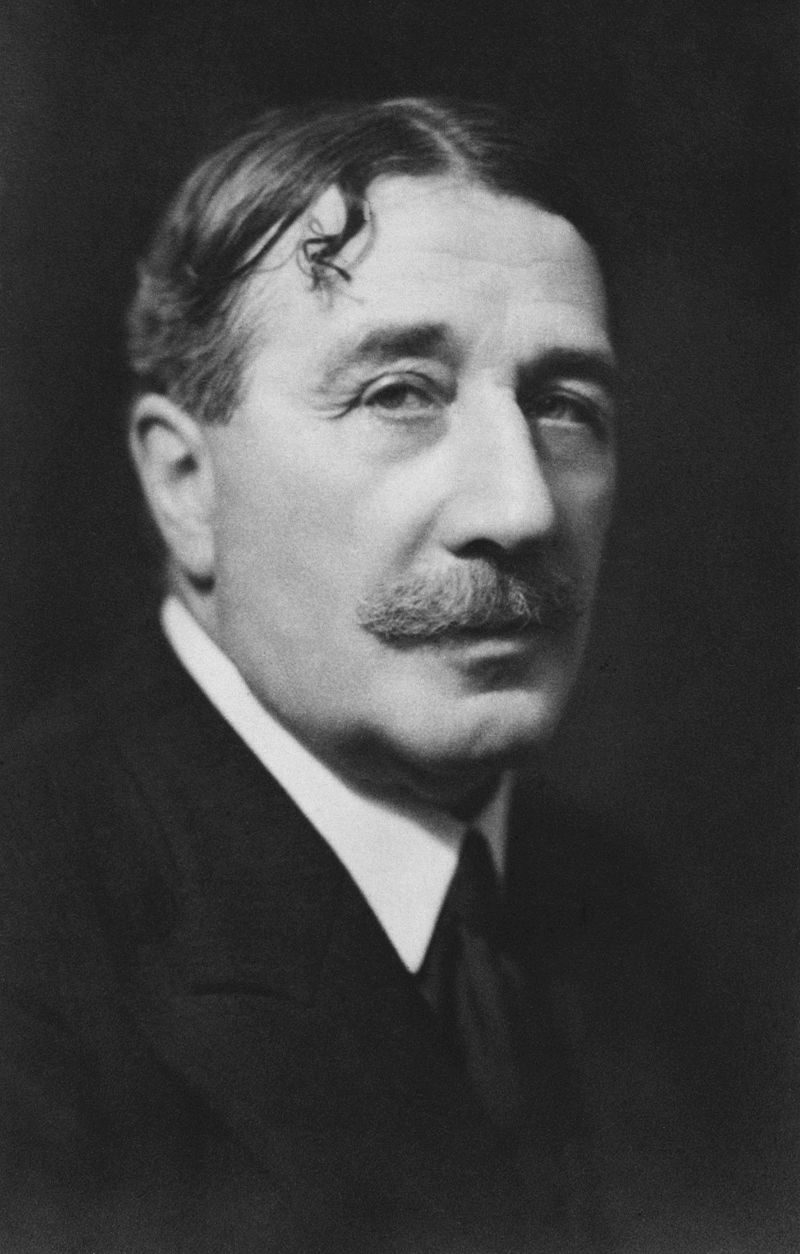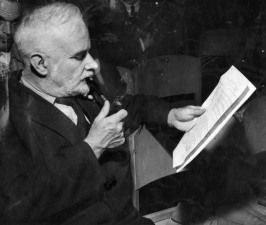 I welcome it, and recently got some from William Vallicella, Ph.D., a rejoinder to my response to him. Unfortunately for me, however, it’s part of a long series that bears on what I tried to do in Philosophy after Christ, and I haven’t yet been able to give the series’ members the study they deserve.
I welcome it, and recently got some from William Vallicella, Ph.D., a rejoinder to my response to him. Unfortunately for me, however, it’s part of a long series that bears on what I tried to do in Philosophy after Christ, and I haven’t yet been able to give the series’ members the study they deserve.
What I’m focusing on is Bill’s helpful distinction between a rationally acceptable argument and a rationally compelling one. I think my Van Til-inspired transcendental argument can be formulated so that it’s not merely acceptable, but also one that “coerces” rational assent (at least by those who value rational standards). Bill charges me with conflating, if not confusing, epistemic and ontic possibility, a serious matter, one I will confess if I must. How one coordinates one’s metaphysics (which determines ontic possibility) with one’s epistemology has its own presuppositions.[1]
I can “live with” a “merely” rationally acceptable argument that can defeat any candidate, alternative to the Christian worldview, for the status of transcendental condition of intelligible predication, that my interlocutor might suggest. Of course, such serial refutation, however successful for however long, falls short of proof. To be able, however, to pre-emptively rule out the possibility of there being any successful candidate remains for me a desideratum. I’ll let others speculate about what psychological type that confession betrays.
Note
[1] See, e.g., Greg Bahnsen, “The Necessity of Coordinating Epistemology with Metaphysics,” Section 1 of Chapter 3, “Neutrality & Autonomy Relinquished,” Presuppositional Apologetics: Stated and Defended. Joel McDurmon, ed. American Vision Press, 2010. See also Bahnsen’s magisterial exposition of Cornelius Van Til:
with Metaphysics,” Section 1 of Chapter 3, “Neutrality & Autonomy Relinquished,” Presuppositional Apologetics: Stated and Defended. Joel McDurmon, ed. American Vision Press, 2010. See also Bahnsen’s magisterial exposition of Cornelius Van Til:
Van Til did not address specific disputes between philosophers or contemporary debates regarding possibility, but he realized that Christians are committed to hold certain beliefs about possibility that unbelievers will reject. “It is today more evident than ever before that it is exactly on those most fundamental matters, such as possibility and probability, that there is the greatest difference of opinion between theists and antitheists.” To put it simply and memorably: “Non-believers have false assumptions about their musts.”
Greg L. Bahnsen, Van Til’s Apologetic: Reading and Analysis. Presbyterian & Reformed Publishing Company, 1998, 281. The internal quotations are from Cornelius Van Til, An Introduction to Systematic Theology. Presbyterian & Reformed Publishing Company, 1974, 36, 264. To the latter footnote Bahnsen appended:
That is, they [antitheists] utilize a false philosophical outlook regarding “necessity,” “possibility,” etc.

 This was first published in 2002 on Pathways in Philosophy (link now dead) and then on
This was first published in 2002 on Pathways in Philosophy (link now dead) and then on  The length of this post might suggest otherwise, but I’m not going to reproduce my book,
The length of this post might suggest otherwise, but I’m not going to reproduce my book, 



 In a Schlitz ad from yesteryear Bill finds this mood summed up:
In a Schlitz ad from yesteryear Bill finds this mood summed up: We deny the non-Christian the standing of “objective, disinterested observer,” which standing is generally assumed as in effect in academia.
We deny the non-Christian the standing of “objective, disinterested observer,” which standing is generally assumed as in effect in academia.
 For most of his life Joad was not only a socialist, but also a professed atheist who became dissatisfied with the worldview that underpinned that profession. He returned to the Church of England of his youth a few years before his death. (He never repented of his socialism, although he increasingly acknowledged, and feared, that the means to that end was a bloated and rights-violating state.) In The Recovery of Belief (1953) the many arguments he had relied on in support of his atheism pass in review. Some of them are arguments that have occurred to me, as have Joad’s criticisms thereof.
For most of his life Joad was not only a socialist, but also a professed atheist who became dissatisfied with the worldview that underpinned that profession. He returned to the Church of England of his youth a few years before his death. (He never repented of his socialism, although he increasingly acknowledged, and feared, that the means to that end was a bloated and rights-violating state.) In The Recovery of Belief (1953) the many arguments he had relied on in support of his atheism pass in review. Some of them are arguments that have occurred to me, as have Joad’s criticisms thereof.